I remember when I first really noticed my nose. I was in my early teens, and along with my thick Indian hair appearing on just about every part of my body, I noticed one other major change. My nose was getting bigger…
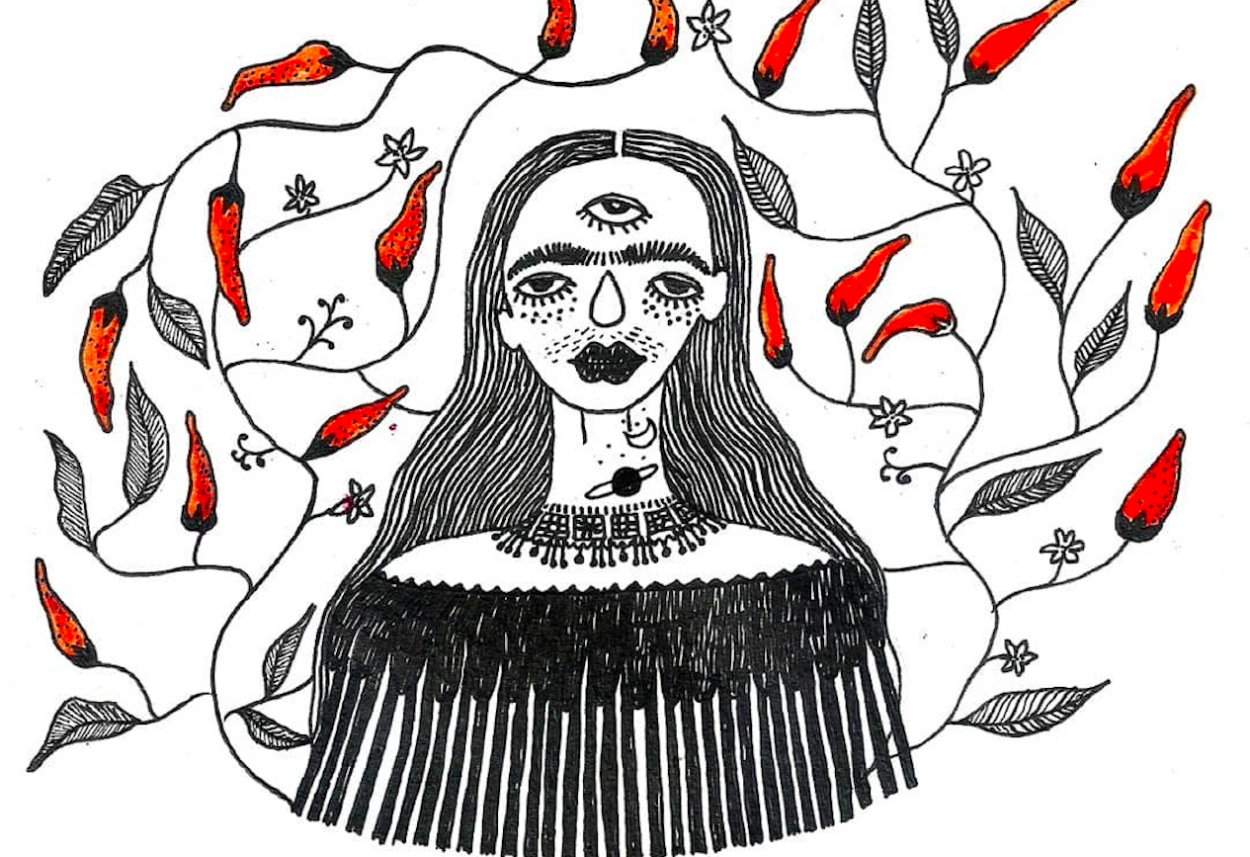
My Nose and Me: Sniffing Out Toxic Eurocentric Beauty Standards
Soon enough, I couldn’t un-see my side profile in pictures, or my nose edging outwards when I grinned with my newly straightened set of teeth. I looked at my white friends, with sharp, tiny noses, and compared them to mine in despair; and thus, the Eurocentric beauty conditioning began.
Along with many other toxic beauty standards that people of colour have to face, such as being told to thin out our hair (and even remove it altogether), or lighten our skin, those of us who have ‘unconventionally’ larger noses will tell you this: at one point in our lives, we would have done anything to reduce our least desired facial feature.
You don’t have to look too far to see why. There are countless YouTube videos on contouring to make your nose look slimmer, smaller or sharper. In India, where nose piercings are extremely common, the models who adorn beautiful nose rings almost always have tiny noses. While I’ve seen plenty of cisgender men get away with having larger noses onscreen, the story couldn’t be further from the truth for women and non-binary people.
The first time I remember seeing a character with a nose that wasn’t tiny or sharp was Rachel Berry (Lea Michele) from Glee. Rachel considers getting rhinoplasty after getting her nose broken, and cites her reasons before a well-intentioned (albeit extremely judgemental) crowd in Glee Club. Rachel appears to be trying to convince herself more than her peers that she wants to change her nose, and for reasons that aren’t superficial. Even when Finn (Cory Monteith) tells her that she’s beautiful, Rachel shuts down any further discussion. I have to admire Rachel’s agency here: it’s her own decision and no one else’s, something that she makes clear. In the end, she decides not to go ahead with it, but not because she melted before her conventionally attractive crush.
Whilst Glee handled this issue relatively well, real life sees many stars like Rachel Berry alter their appearances, with nose jobs among the most common. From rapper Iggy Azalea to Bollywood actors like Sridevi and Shilpa Shetty, nose jobs among A-listers and pop stars are as common as candy.
For years, my own parents told me not to wear a nose ring. It sounds horrible, but I realise now that they were only trying to protect me. Both my parents have large noses and faced endless bullying and teasing, often from their own relatives. They hated the idea of me going through the same, but without people that looked like myself around me. They, like many South Asian parents, attempted to control the narrative before someone else could.
I did the same for a number of years. I gave my nose a nickname, made jokes about it when I saw myself in photos before someone else could, and endlessly complimented my friends’ noses, telling them they were lucky not to have one like mine. As I got older, I cut down the jokes and began to not only accept, but appreciate how I looked a bit more. By the time I got to university, I felt a little more comfortable in my skin. Yet, whenever I saw a girl with a slim nose and cute piercing, I heard a cruel voice inside my head. Don’t even think about it. You’d NEVER pull that off.
This voice controlled any thoughts I had about my nose until September of last year, when my aunt and I were roaming the floors of the well air-conditioned Phoenix Mall in Chennai, India. We popped into a small jewellery shop to look for earrings, where she insisted that I try on some artificial nose rings. I kept telling her no, thinking that I wouldn’t suit it at all, but she told me I wouldn’t know until I tried. She asked the lady helping us for any clip-on nose rings, and before you knew it, there was a box of them. So I tried one on, very hesitantly, and looked at the mirror from every angle possible.
Hang on, I thought. This looks really fucking good!
My mum soon came and saw me, and I couldn’t believe my ears when she said she agreed. The same woman who told me not to ever wear a nose ring now thought I looked beautiful with one.
We bought three nose rings that day, and I wore the first one I tried on for the rest of our day out. By the time I left India, I had a whole collection.
There are days when I still really hate my nose. Learning to love the physical flaws of yourself is not an overnight process. It’s a journey that has as many downs as it does ups, which means there will be days you still feel horrible about these insecurities. Though I no longer feel the need to get rhinoplasty, I don’t judge those that do; every person has their own journey. What we do need to tackle, however, is just how prevalent toxic Eurocentric beauty standards are; I wish it didn’t take an aunty of mine thousands of miles away to convince me that my nose didn’t look awful.
Women and non-binary people of colour growing up across the world are still faced by standards they cannot and shouldn’t have to meet. One of these standards is that your nose is only acceptable if it’s slim, sharp and small. I’m here to say this: your nose is fine, just the way it is.
Vaishnavi Ramu
Header Image by Vidushi Yadav
Instagram: @vidushiy

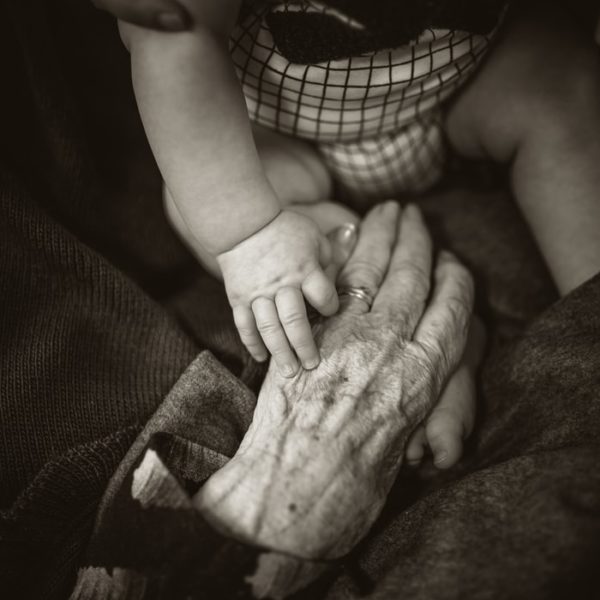
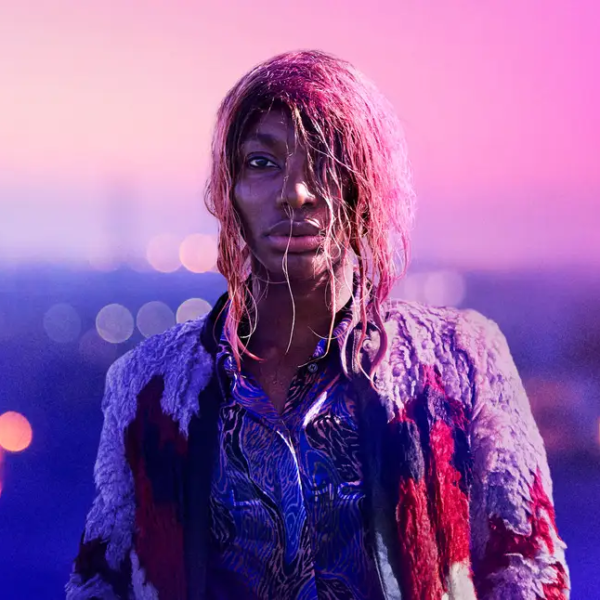
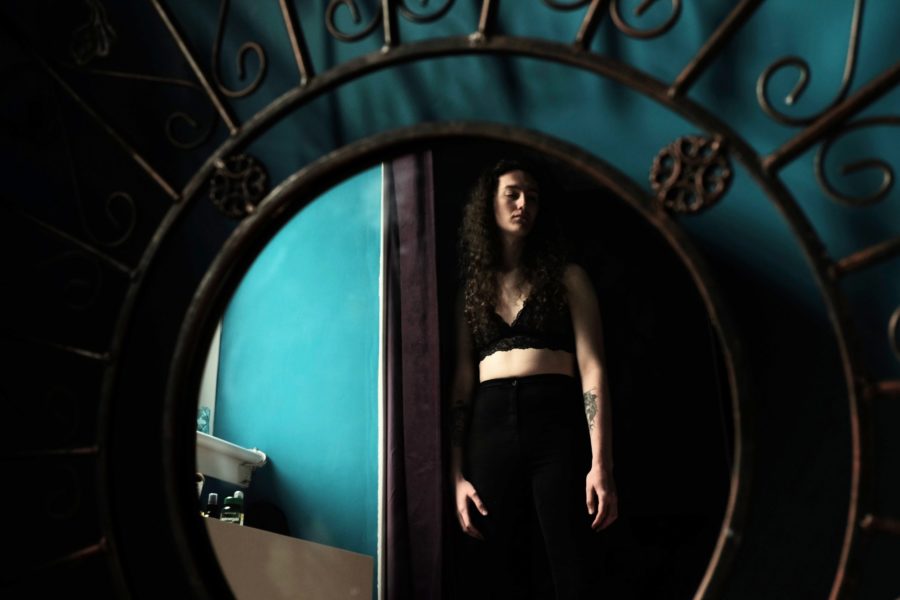
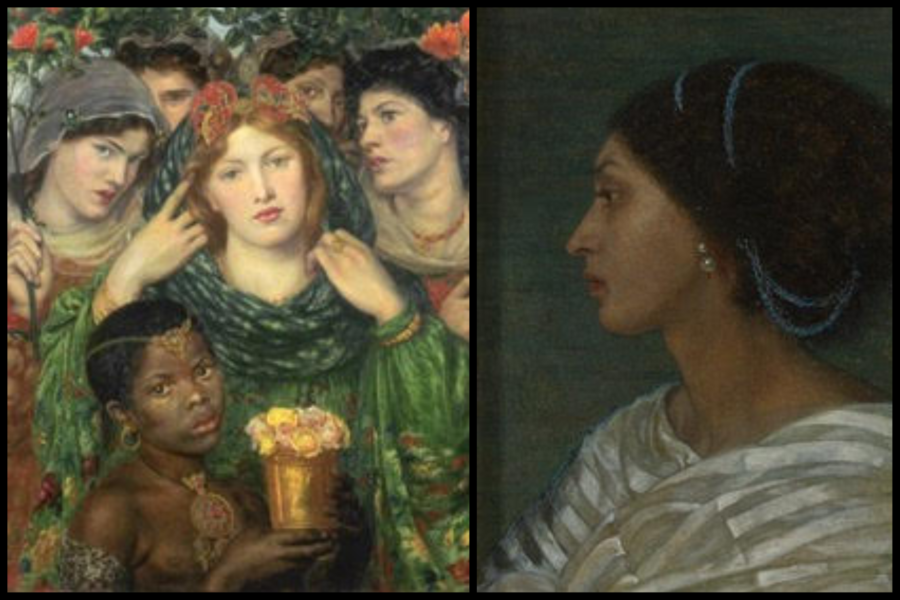
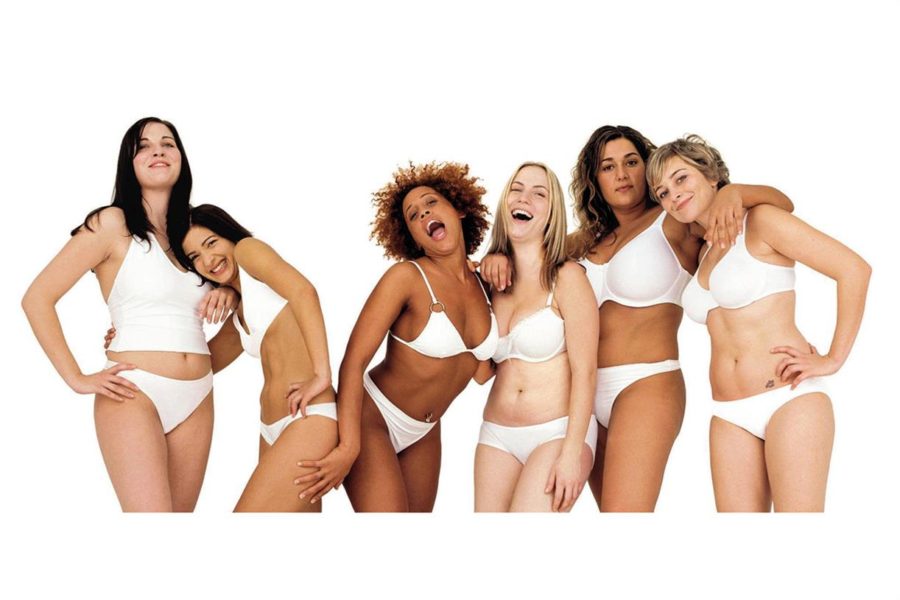
Leave a Comment